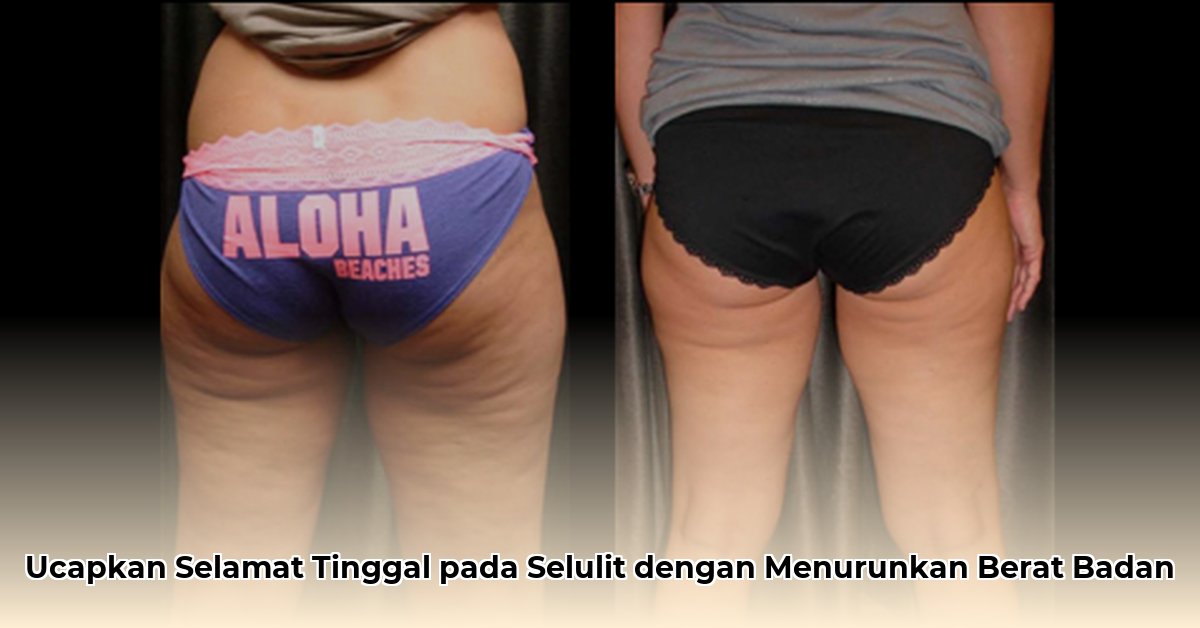
Understanding Cellulite: Before and After Weight Loss
Key Points:
- Cellulite is a common skin condition characterized by a dimpled appearance.
- It’s caused by fat cells pushing against the skin’s connective tissue.
- Factors such as genetics, hormones, age, and lifestyle influence cellulite formation.
Weight Loss and Cellulite: The Impact
Key Points:
- Weight loss can improve the appearance of cellulite by reducing fat storage.
- However, it may not completely eliminate it due to other contributing factors.
- Maintaining a healthy weight can help minimize cellulite visibility.
Causes of Cellulite: Delving Deeper
Key Points:
- Genetics: Thicker connective tissue bands under the skin can lead to more dimpling.
- Hormones: Estrogen can increase the likelihood of cellulite formation.
- Age: Thinning and less elastic skin with age can make cellulite more noticeable.
- Body fat: Excess fat can aggravate cellulite visibility by pushing against connective tissue.
- Lifestyle factors: Sedentary lifestyle, unhealthy diet, and smoking can contribute to cellulite development.
How Losing Weight Can Reduce Cellulite
Key Points:
- Weight loss reduces fat cell size, decreasing pressure on the skin.
- It enhances skin elasticity by increasing collagen and elastin production.
- Weight loss aids in fluid retention reduction, which can further improve cellulite appearance.
Steps to Mitigate Cellulite
Key Points:
- Gradual and healthy weight loss through balanced nutrition and exercise.
- Incorporate strength training to build muscle tone and tighten skin.
- Maintain hydration to promote skin elasticity.
- Consider topical treatments containing ingredients like caffeine or retinol for potential skin improvement.
Important Note:
Managing expectations is crucial when addressing cellulite. Weight loss can reduce its visibility, but complete elimination may not be possible due to genetic and hormonal factors.